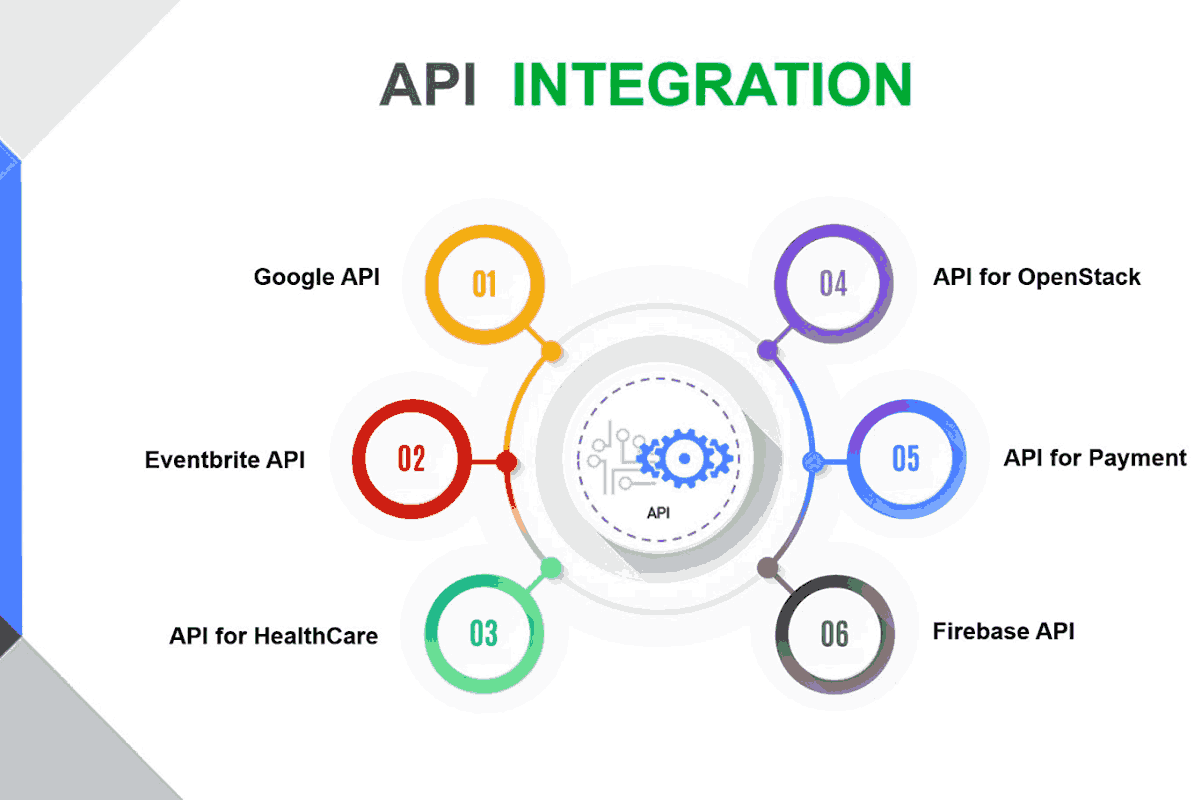
Definition of website?
A website is a collection of related web pages, images, videos, and other digital assets that are hosted on a single web server and are accessible via a common web domain. Websites are typically accessed through a web browser, such as Google Chrome or Mozilla Firefox, and are used for a variety of purposes, including sharing information, conducting business, and providing entertainment. Websites can be created by individuals, organizations, or businesses, and can be accessed by anyone with an internet connection.
Why websites are important?
Websites are important for a number of reasons. They provide a platform for individuals, organizations, and businesses to share information, sell products and services, and connect with their audience. Websites also serve as a virtual storefront for businesses, allowing them to reach a wider audience and increase their visibility and credibility. Additionally, websites can help improve search engine rankings, which can lead to more traffic and potential customers. Overall, having a website is essential for businesses and individuals looking to build an online presence and connect with their audience.
Important things for website:
There are several important things to consider when creating a website. These include:
-
Purpose: It is important to clearly define the purpose of the website and what it is intended to accomplish. This will help guide the design and content of the website.
-
Audience: Understanding the target audience of the website is crucial in order to create a user-friendly and engaging experience.
-
Design: The design of the website should be visually appealing and easy to navigate. It should also be responsive, meaning it works well on different devices such as computers, tablets, and smartphones.
-
Content: The content of the website should be well-written, informative, and relevant to the purpose and audience of the website. It should also be updated regularly to keep it fresh and engaging.
-
Security: Protecting user information and data is crucial for the credibility and trustworthiness of a website. It is important to implement appropriate security measures to prevent hacking and data breaches.
-
Search engine optimization: Optimizing a website for search engines can help improve its visibility and increase traffic. This includes using keywords, creating high-quality content, and having a well-structured website.
Definition of website security?
Website security refers to the measures taken to protect a website and its users from cyber attacks, unauthorized access, and other threats. This can include a range of measures such as encrypting data, implementing secure authentication and login processes, regularly updating software and plugins, and monitoring for potential vulnerabilities. Website security is important for ensuring the confidentiality, integrity, and availability of a website and its data.
To secure a website, you can take the following steps:
-
Use HTTPS: HTTPS encrypts the communication between your website and the visitor's web browser, making it more difficult for attackers to intercept and steal sensitive information such as login credentials.
-
Use a web application firewall (WAF): A WAF is a security tool that monitors and filters incoming traffic to your website, blocking malicious requests and protecting against common web-based attacks such as SQL injection and cross-site scripting.
-
Keep your website and plugins up to date: Outdated software is one of the most common attack vectors, so it's important to regularly update your website and any plugins or extensions you're using.
-
Use strong passwords and two-factor authentication (2FA): Two-factor authentication (2FA) is a security process in which a user is required to provide two different authentication factors to verify their identity. This is done to add an extra layer of security beyond just a username and password. The two factors can be something the user knows (such as a password or PIN), something the user has (such as a security token or key fob), or something the user is (such as a fingerprint or facial recognition). By requiring two factors, even if one is compromised, an attacker still cannot access the user's account without the other factor. This can help prevent unauthorized access and protect against identity theft and other security threats. Strong passwords and 2FA add an extra layer of protection to your website by making it harder for attackers to gain unauthorized access.
-
Regularly back up your website: In the event of a successful attack, having regular backups of your website can help you recover quickly and minimize downtime.
In addition to these steps, it's also important to regularly monitor your website for any security issues and vulnerabilities, and to implement security best practices such as regular security audits and penetration testing.
Is website Security depends on website design?
Website security is not entirely dependent on website design, but good website design can certainly play a role in enhancing security. A well-designed website should be easy to navigate and should not have any vulnerabilities that could be exploited by hackers. Additionally, a well-designed website should be responsive, meaning it works well on different devices, and should be secure, with appropriate measures in place to protect user information and data. However, website security also depends on a number of other factors, including the implementation of strong passwords, regular updates to security software, and the use of secure protocols and encryption for data transmission.
Is Google Adsense hamper website security?
Google AdSense, which is a program that allows website owners to earn money by displaying ads on their website, does not typically hamper website security. In fact, Google AdSense is designed to be a secure platform that protects the interests of both website owners and advertisers. AdSense uses advanced algorithms to select ads that are relevant to a website's content and audience, and only displays ads that meet Google's strict policies and guidelines. Additionally, AdSense provides website owners with tools to control the types of ads that are displayed on their website, giving them the ability to filter out any ads that may be inappropriate or potentially harmful. Overall, while website security is the responsibility of the website owner, Google AdSense is not typically a source of security issues.
Is SEO is important for website?
Yes, search engine optimization (SEO) is important for a website. SEO is the practice of improving the visibility and ranking of a website in search engine results pages (SERPs) in order to attract more organic traffic. This can be accomplished through a variety of techniques, including keyword research, on-page optimization, and link building. By implementing effective SEO strategies, a website can improve its ranking and visibility in search engine results, leading to more traffic and potential customers. In addition, SEO can help improve the user experience of a website, making it more user-friendly and engaging. Overall, SEO is an important aspect of a successful website.
Keywords:
- How to secure a website
- two-factor authentication
- 2FA
- Google Adsense











Leave a comment